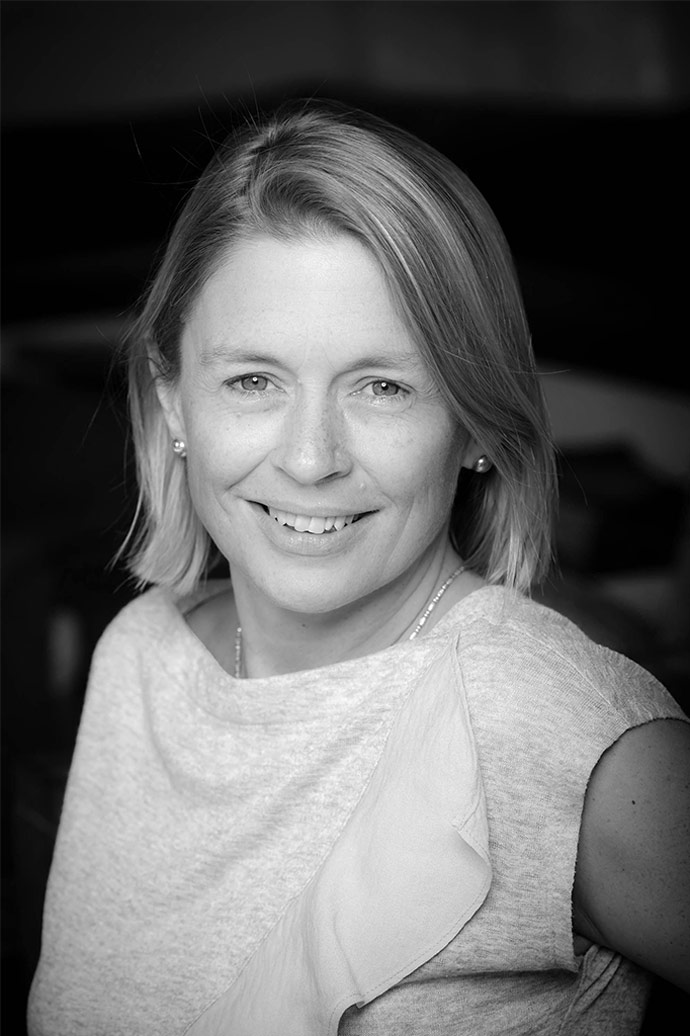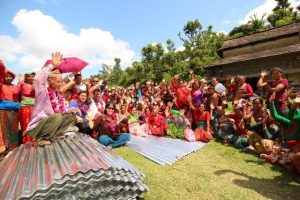Tewa & Nagarik Aawaz, Nepal
In April 2015, Nepal was hit with a 7.8 magnitude earthquake with its epicentre in Barpak, Gorkha District in north-central Nepal, around 175km from Kathmandu. It subsequently became clear that 8 million people had been affected across 20 districts with hundreds of thousands of people injured and over 9,000 lives lost. An estimated U.S. $4 billion was raised for relief and recovery work, largely through the government and UN agencies. Against this backdrop, two Nepali organizations, Tewa – the Nepal Women’s’ Fund and Nagarik Aawaz, both with extensive networks at the community level, were quick to respond.
In the immediate aftermath of the earthquake, they created an Earthquake Relief Fund. Members of the organizations, staff and volunteers were mobilized into relief teams and four of these visited local sites to assess the situation within four days of the earthquake. Eventually, nine relief teams would be mobilized. Existing peace-kitchens were scaled up to provide hot food for affected local families. Meanwhile, and working from makeshift headquarters whilst their offices were checked for damage, the Tewa/Nagarik Aawaz teams started to make contact with – and receive communications from – their network in grassroots communities across affected districts. In many instances, communities noted that support from Tewa and Nagarik Aawaz was the first relief that they had received.
In the spirit of Tewa and Nagarik Aawaz’s principles concerning mutuality and avoidance of dependency, individuals who received cash awards were invited to re-gift a small amount back to the Earthquake Relief Fund so that others could benefit as they themselves had: this was also a deliberate strategy to blur the conventional distinctions between “donors” and “beneficiaries” (or “helpers” and “victims”) which can be very disempowering. Of the U.S. $535,000 in donations that were raised to support Tewa and Nagarik Aawaz’s work, U.S. $5,000 was raised from Nepal donors and U.S. $2,000 from affected communities.
Poverty and gender exclusion were key contributory factors in terms of who was most affected by the earthquake. In 2017 and 2018, Tewa and Nagarik Aawaz continued their efforts to strengthen community capacities in the context of post-earthquake reconstruction and rebuilding at the very local level in Nepal, using a combination of small grants, psycho-social counselling and long-term mentoring and hands-on support from volunteers working with individual communities. Throughout, both organizations have continued to promote community philanthropy and giving as a way to increase communities’ sense of agency and stake in development processes.
With designated funding from the National Lottery Community Fund (U.K.), in 2017 and 2018 the GFCF supported Tewa and Nagarik Aawaz’s post-earthquake efforts with grants totaling U.S. $122,000 and U.S. $50,000 respectively.


